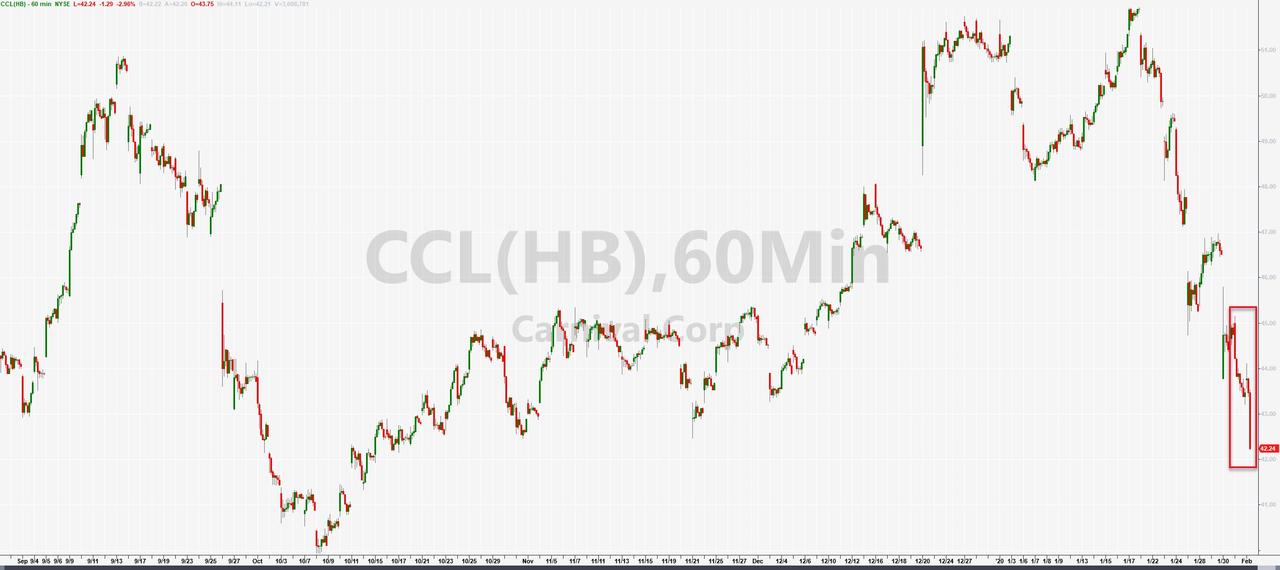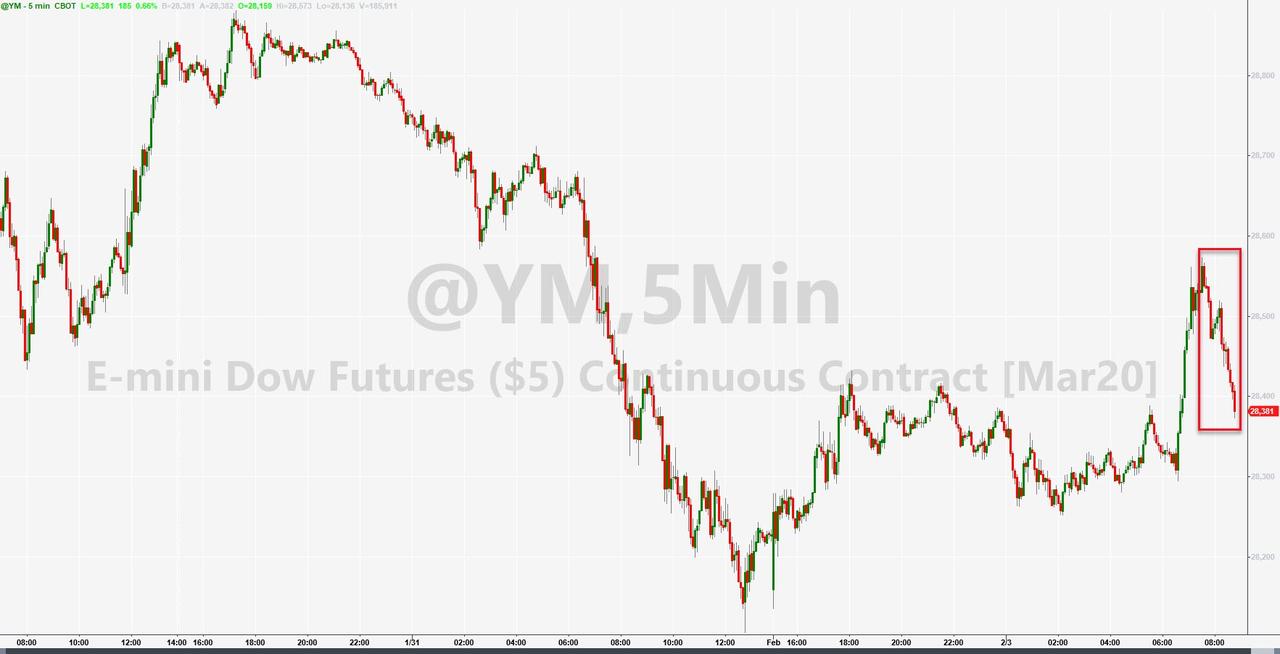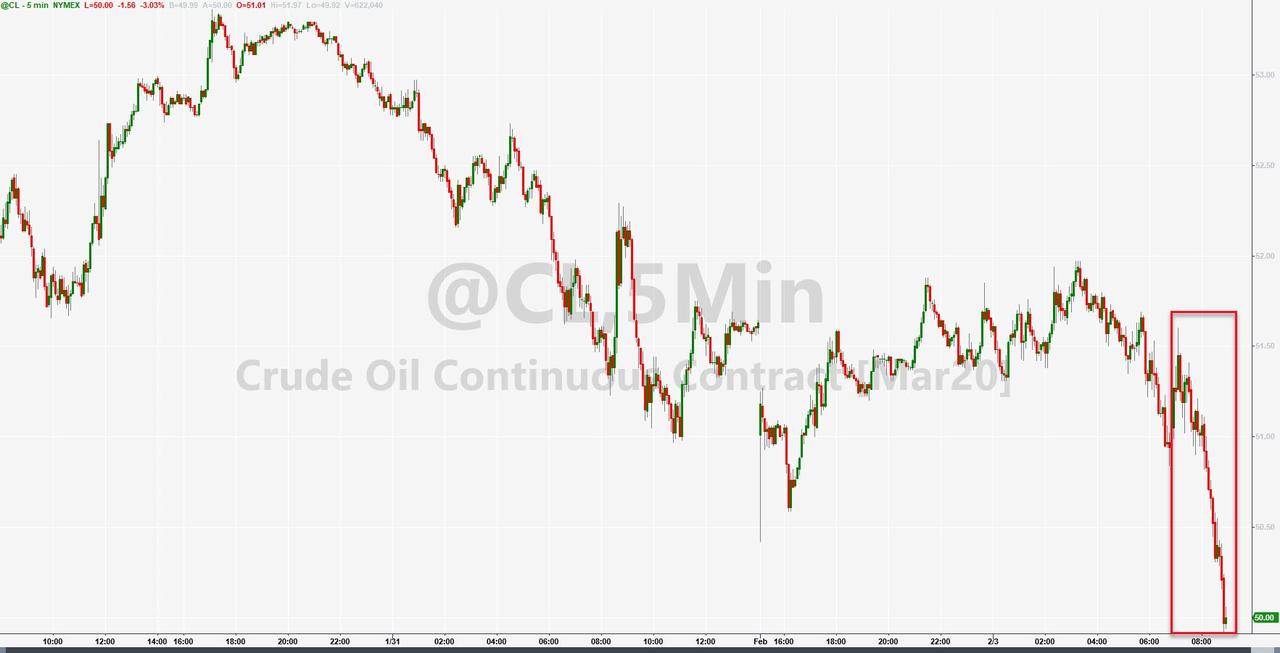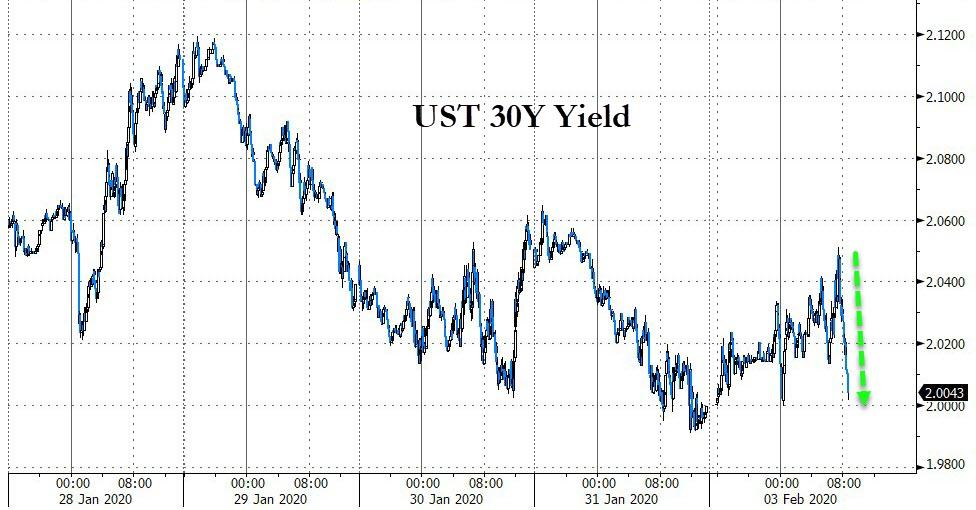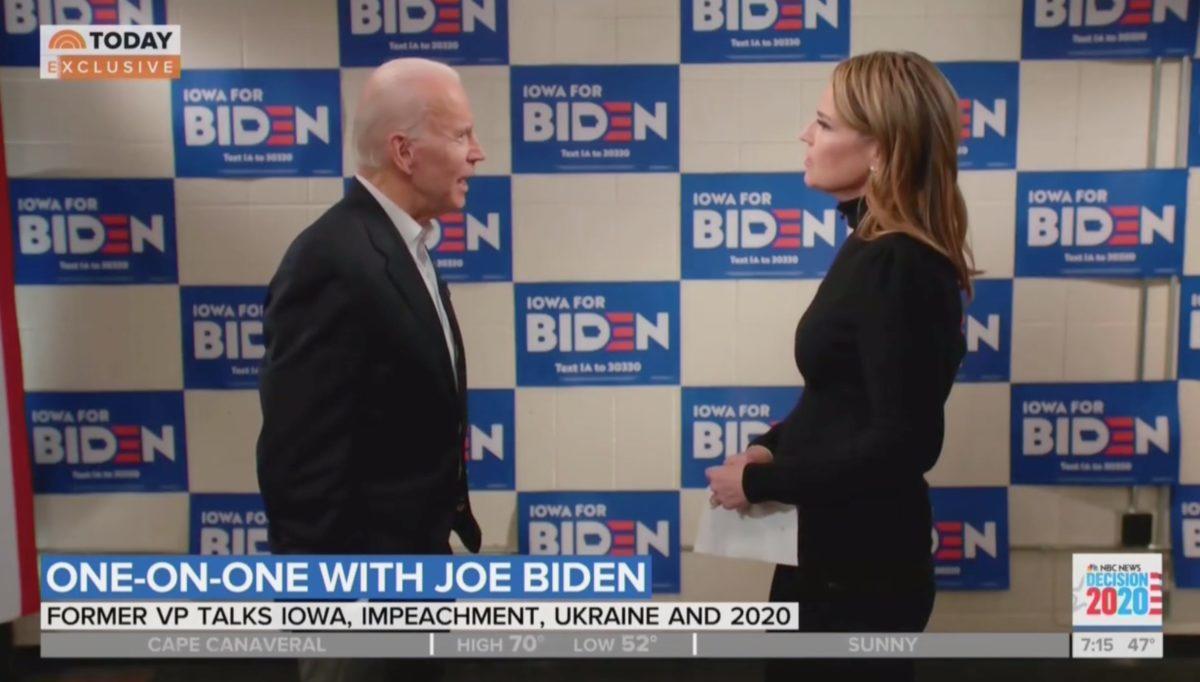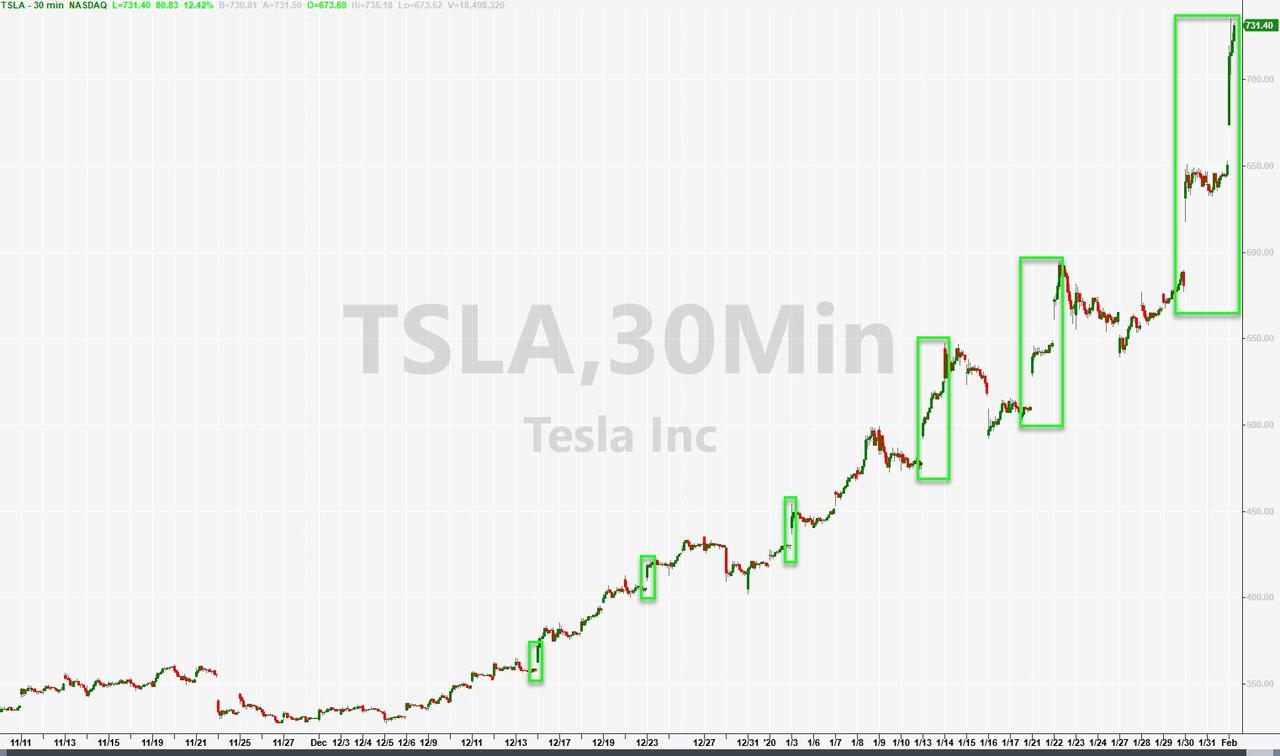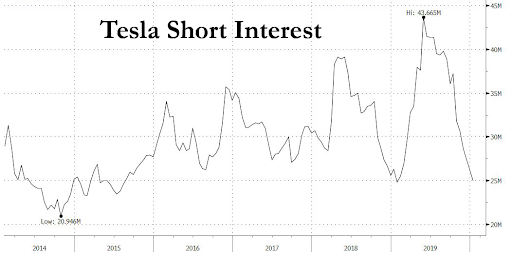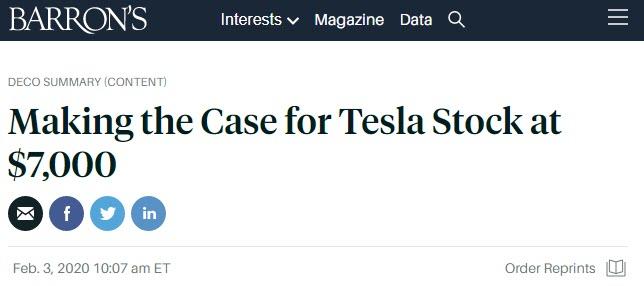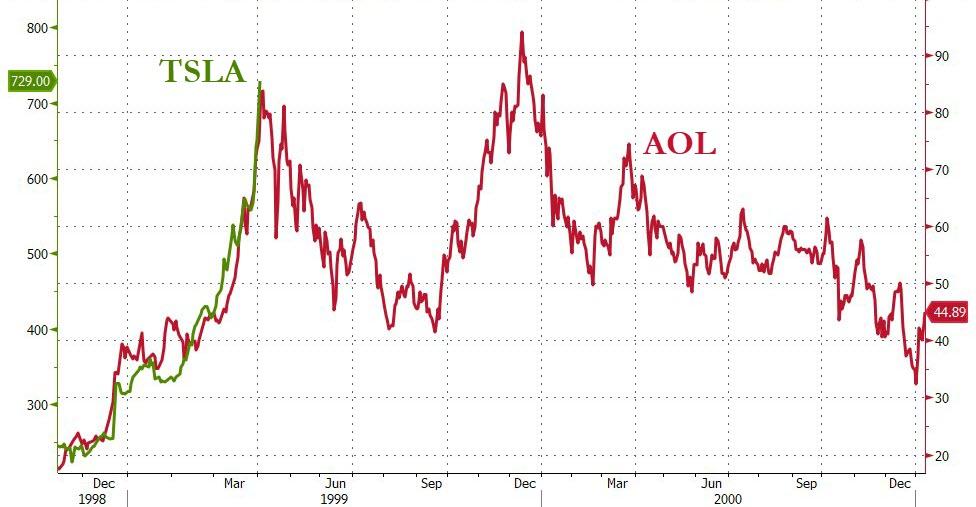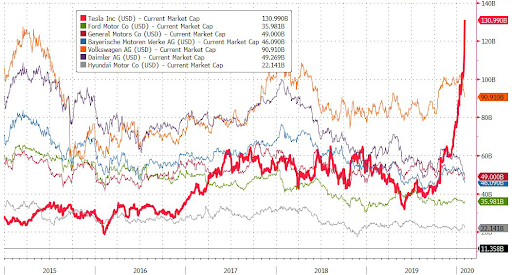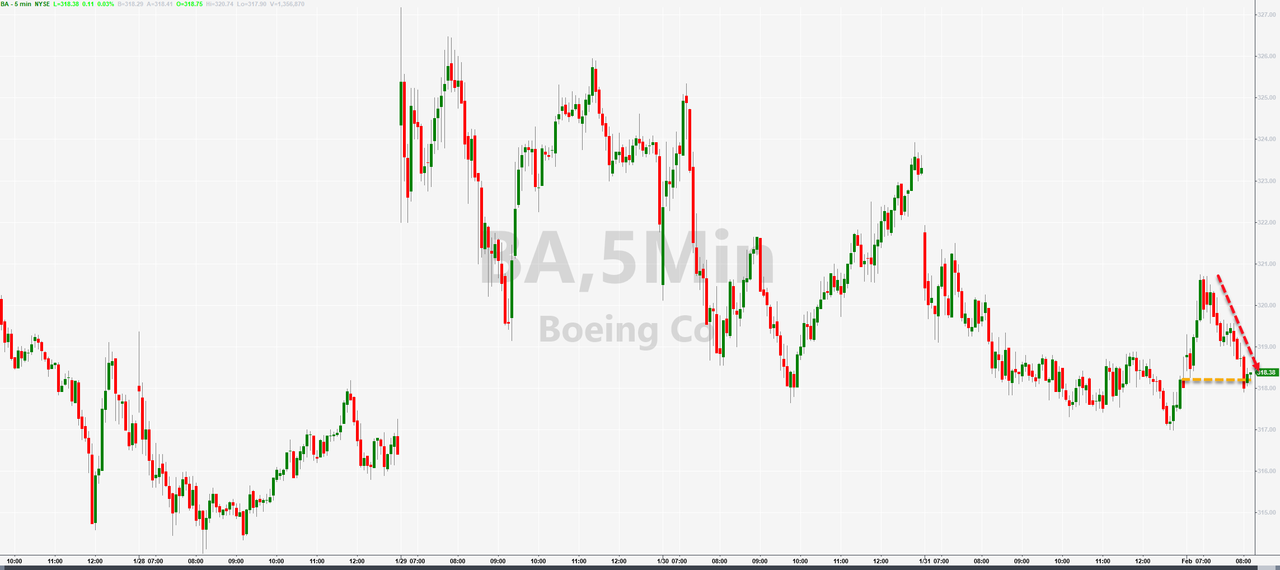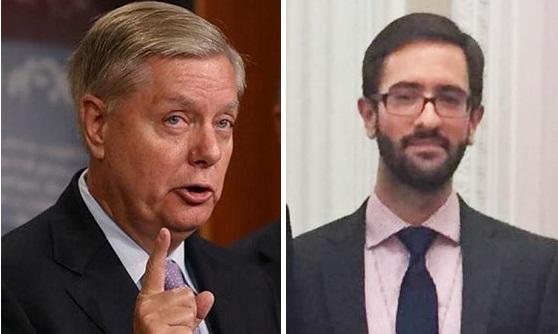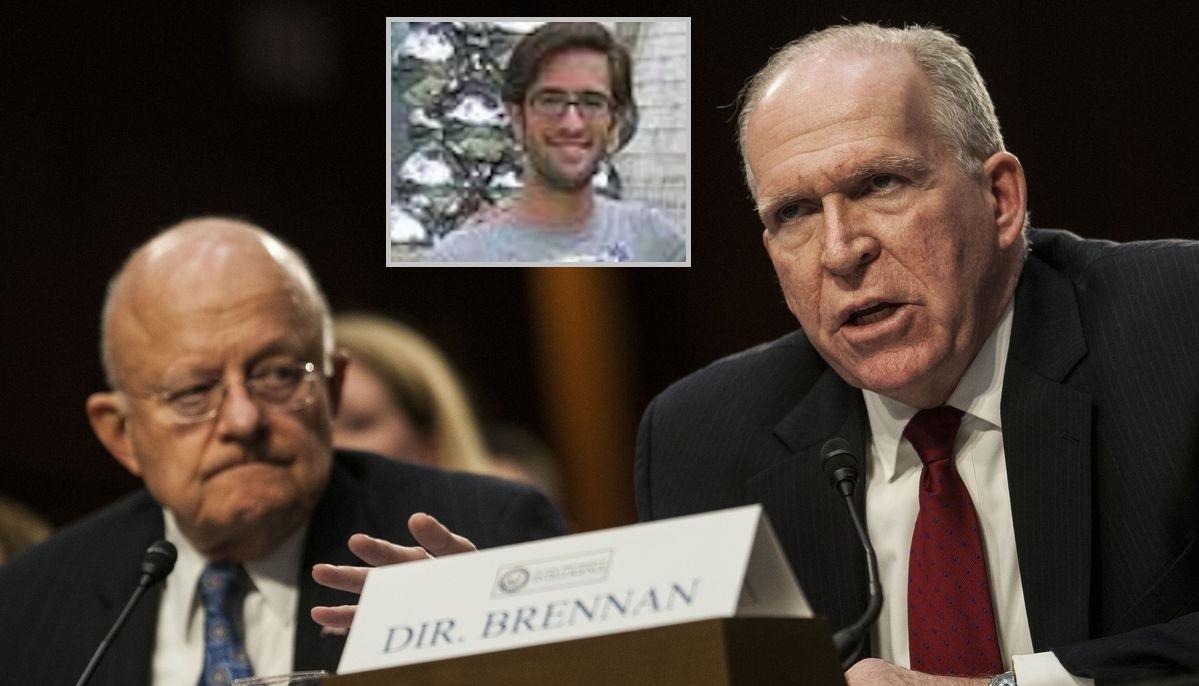On May 7, 2019, Denver voted to become the first city in America to decriminalize magic mushrooms. On June 4, 2019, Oakland, California, decriminalized all psychedelic plants and fungi. On January 28, 2020, the neighboring Bay Area city of Santa Cruz followed suit. And now statewide efforts are underway in Washington state, Oregon, and California.
“When it comes to psychedelics, we feel people should have the freedom of choice,” says Ryan Dunevar, the head of Decriminalize California. “In essence, cognitive liberty.”
Now the group wants to take the psychedelic decriminalization movement a step further by convincing California voters not only to deprioritize enforcement of laws against the possession and consumption of psychedelics but to create a legal framework for commercial sales via ballot initiative.
“We realized, all right, let’s make sure nobody else goes to jail for this. Let’s give it a proper, regulated system,” says Dunevar. “And we realized in order to do that, you’d actually have to, in essence, legalize sales.”
But this approach is controversial within the movement. “We led from a place of love—that is we didn’t push commodification. We pushed equitable access and just decriminalizing our relationship with nature,” says Carlos Plazola, head of Decriminalize Nature. “The city basically said, ‘We recognize the healing effect of these plants.’ So the citizenry hears that and says, ‘Oh, I’m, I’m curious now.’ And because it’s sanctioned…people are stepping into those healing spaces with less fear,” says Plazola.
Plazola is a veteran political operative in Oakland who runs his operation out of the Haven, a community center that serves as a hub for members of the Bay Area’s psychedelic community. They gather to share their experiences and participate in so-called integrative circles.
“People come and talk about their psychedelic experiences and unpack them in a supportive group setting,” says Danielle Negrin of San Francisco Psychedelic Society.
The gatherings are geared towards those who’ve had intense trips and want to share information about the application of psychedelics in therapy and addiction treatment, says Negrin.
“Decriminalization is a risk reduction strategy,” says Larry Norris of ERIE, which also facilitates integration circles. “We’re allowing people to feel less concerned about the risk they might [face] for coming out.”
Norris favors decriminalization over legalization, in part because the latter would require the state to create a regulatory framework.
“We believe in an inalienable right to have our own relationship to nature,” says Norris. “There’s no reason for us to have to go to a dispensary or go to a pharmaceutical company to get the things that we can grow out of the ground.”
Dr. Charles Grob, director of adolescent and child psychiatry at UCLA-Harborside, is worried that the decriminalization and legalization movements could undermine the significant progress made in the field of psychedelic research.
“My concern is, to what degree will it attract the attention of individuals who…don’t understand how to optimally structure the experience,” says Charles Grob, who co-authored a landmark study involving the dosing of terminal cancer patients with psilocybin.
Grob wants psychedelics to be used primarily in clinical settings for now.
“What we observed [in the cancer study] was that our subjects…were in [a] great existential crisis. Their sense of self had eroded….There was often a sense of loss of meaning, loss of purpose,” says Grob.
He says that after one to two psychotherapy-assisted psilocybin sessions, patients showed a measurable decrease in anxiety and were often able to “reestablish that sense of self, continuity with the previous parts of their lives, and strengthen their sense of meaning and purpose.”
Grob is one of many scientists doing psychedelic research, a field that has experienced several breakthroughs in recent years thanks to the decades-long effort of the Multidisciplinary Association of Psychedelic Studies (MAPS).
MAPS has funded studies treating PTSD in veterans with MDMA, more commonly known as ecstasy. The results were so promising that the FDA designated it a “breakthrough therapy,” fast-tracking the approval process so that the treatment could be available by as early as 2021, pending completion of phase 3 clinical trials.
Grob is wary of making psychedelics available for purchase to the public without guidance from experienced professionals in a clinical setting.
“Nothing is without risk,” says Grob, who has published research about adverse interactions between certain psychedelics and SSRI antidepressants.
“Some people are simply too vulnerable,” says Grob. “Some individuals have some underlying risk for psychotic illness….[Users] need to be in a very quiet setting, ideally out in nature, but protected. You’re with someone at all times who is not tripping.”
But Dunevar from Decriminalize California worries that legalizing only medical uses would be too restrictive.
The cost of therapy “eliminates a lot of people, which means basically only rich white people would be able to use it,” says Dunevar.
Norris agrees that barriers to entry need to be lowered.
“This is a people’s movement,” says Norris.”There’s a much broader range of people who maybe can’t get into the cultural ethos of a clinical system, maybe can’t afford a clinical system.”
And Negrin points out that people have long been consuming psychedelics and that they will continue to do so, regardless of the legal status.
“It’s been happening for thousands of years. People have been working with psychedelics and healing with these medicines,” she says. “Are we going to accept that that’s happening or are we going to ignore that that’s happening?”
Grob acknowledges that psychedelics have been used “since time immemorial by indigenous peoples,” but says that in those cultures they were used “within the context of ritual ceremony.”
“We live in a very different culture, where all bets are off, and a lot of the built-in safety features you’re going to find in indigenous cultures surrounding the use of powerful sacred plants do not necessarily exist.”
The California attorney general’s office approved the psychedelic legalization initiative’s language in early January, and the campaign is currently collecting the 625,000 signatures it needs to qualify for the ballot. Dunevar believes this is the biggest challenge the campaign will face.
“This thing is won or lost in the next five months as it is,” says Dunevar.
Plazola hopes that the decriminalization movement doesn’t stop with Oakland, with California, or with the U.S.
“My hope for the next five years for the decriminalization movement is that it’s an international movement, that it’s being talked about at the United Nations,” says Plazola. Psychedelics “never should have been made illegal to begin with, nor should any relationship between humans and nature be made illegal.”
Produced by Zach Weissmueller. Camera by John Osterhoust, James Lee Marsh, and Weissmueller. Additional sound editing by Ian Keyser.
Photo credits: Magic mushroom in the forest, Photo 42494972 © Kmetix, Dreamstime.com

from Latest – Reason.com https://ift.tt/2ueF1mh
via IFTTT

